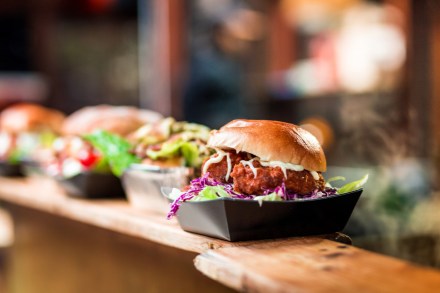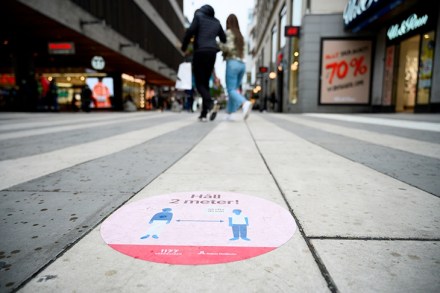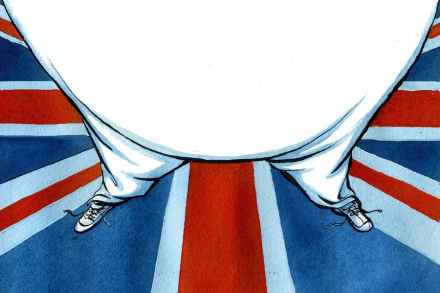A Spartan’s guide to body shaming
Now that new drugs have allowed the government’s Fat Controller to celebrate a nation of skinnies – let us hope the drugs are not too temptingly tasty – he will not have to adopt the Spartan custom of checking their naked young men every ten days for signs of excessive thinness or corpulence. In Greek eyes, obesity was particularly associated with luxury. On their tomb paintings, Etruscans tended to depict aristocrats at dinner as very fat and even more contented. Ptolemy Alexander, a Greek king of Egypt, needed two people to support him when he left the room to relieve himself. The vast Dionysius, tyrant of Heraclea (coast of north




















